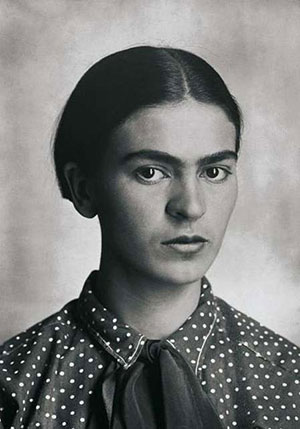
Frida Kahlo
“The Broken Column” is one of Mexicana artist Frida Kahlo’s most-known paintings, profoundly moving in its portrayal of her life as a person with multiple disabilities, including polio, a broken spinal column, and pelvis damage from a car accident. The greatest motivator for her painting came from her disabilities. The Broken Column serves as a visual of her reality and a powerfully resilient reminder of her strength. “I never paint dreams or nightmares. I paint my own reality,” Kahlo stated regarding her artwork. Kahlo serves as an interlocutor asking society why disabilities should remain hidden. Her artwork forces us to confront our biases, fears, and denials around what it means to be “different” in “different” ways. Kahlo’s genius is in how her disability becomes art—to create questions, to decenter the “normative,” and to boldly share her reality that is also ours.
This month in October is not only the time of year we honor and celebrate Hispanic Heritage; it is also National Disability Employment Awareness Month, a time to reflect, celebrate and acknowledge that we have many individuals within our personal and professional lives who are members of the disability community. As we consider our roles in creating more inclusive communities, let us be reminded that the discourse around disability is the master discourse concerning difference. Disability Rights centers the dignity of all life while confronting the question of (dis)ability. This particular discourse leads to uncomfortable subjects such as expendability politics and eugenics and in so doing, challenges the assumptions some may have regarding human value–whether it be race, gender, ethnicity, religion, age, or class. For this reason, the discourse around disability is the central discourse from which all others descend because it “marks” the bodies of those who are “different” and judges accordingly.
Therefore, it is no small surprise that the first movements in Nazi Germany for purity focused not on race but instead began with those individuals who were viewed as holding disabilities, as living a “life not worth living” (“Lebensunwertes Leben”). Such a realization should give us all pause and allow each of us to assess our personal actions regarding disability rights and health equity issues. Collectively, we cannot divorce or separate disability rights from diversity, equity, and inclusion without compromising the justice that undergirds these attributes. Although we have made tremendous strides in this area due to the activism of disability activists, there remains a long way to go in normalizing our thinking and policy-making on these and other issues that reflect the ableist privilege of this country and the world.
Perhaps at no other time in our recent world history have we witnessed such a challenge as with the Covid-19 pandemic. This ongoing health equity challenge presents us with significant questions regarding how we care for and support the most vulnerable, the individuals who are at most risk, and those whose lives are at the forefront of working with the public. Queer disabled activist Karlie Drew refers to the Covid-19 pandemic as a “mass disabling event,” and thus a disability rights issue. In doing so, she notes that covid-precautions thus become a form of accessibility for many individuals within our society. Despite how politicized the pandemic has become, there is no doubt that the matter of precautions and accessibility will continue to be one of the largest human rights issues of our time.
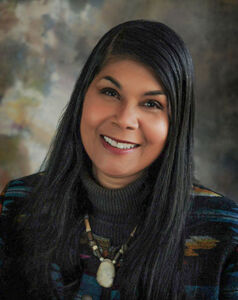
DEI Allison Davis-White Eyes, Ph.D.
According to the United States census bureau (2019), there exists a large demographic of individuals who identify with disabilities, the majority of whom identify as female, aged 65+. The only exception is within the category of “cognitive difficulty,” where we find the age group 18-64 is amplified and the gender balance equal. These are sobering statistics that speak to the diversity within the disability community.
Looking towards the future as a nation and a world community, the work of Dr. Victor Pineda (Venezuela) offers a powerful and inspiring way forward in embracing radical inclusivity. Diagnosed with spinal muscular atrophy Type II as a child and using a ventilator 24 hours a day, Dr. Pineda has led international movements and organizations around the world to make real and lasting change. In 2003 he launched World Enabled, and serves as the President and CEO of this global organization. The mission of World Enabled is to assist organizations and communities create and sustain a radically inclusive, accessible, and resilient future for every individual. With this mission, the organization seeks to build an inclusive future that unlocks human potential and leaves no one behind.
As we consider the mission and vision of Fielding Graduate University in unlocking the human potential of people all over the world, let us be reminded not to leave anyone behind. The latter means actualizing “radical inclusivity” in our praxis and personal life. Dr. Pineda’s inspirational story and the message is one that we all can embrace, particularly as we deal with increasing social justice issues related to climate emergencies, sustainability, and health equity. At the heart of our work is the value of every human life on our living planet. Fielding graduates stand at the forefront of these efforts, and our partnership with Rowan Global will afford us an opportunity to collaborate on further research and social change in building sustainable, resilient systems that allow everyone to thrive. In fact, Fielding graduates have already made tremendous contributions regarding disabilities in the workplace through some of the following research:
- Self-Efficacy and Personality Factors in Predicting Successful Vocational Rehabilitation Outcomes for Persons with Disabilities Post vocational Rehabilitation Enrollment (Jacqueline Nicole Fulcher)
- Banal Creativity: Using Foucauldian Discourse Analysis to Reveal Mechanisms that Exclude Racialized, Gendered, and Disabled Creators (David Robert Jones)
- Women with physical disabilities and identities of resistance: Claiming discursive identities (Stacey Coffman-Rosen)
- Workplace stigma toward employees with intellectual disability: A descriptive study (Maureen Gormley)
These contributions only build on the statement that world-renowned humanitarian and disability activist Helen Kellershared years ago, “ The only thing worse than being blind is having sight but no vision.” Moving forward into 2023, let us continue our commitment to social change, sustainability, and justice by leaning into disability rights, radical inclusivity, lifting health equity, and making sure our practice is one that honors and protects the abilities and dignity of all. Let us go forward with a shared vision that builds on the diversity of abilities we all share.
Current students, faculty, and staff can also access additional resources in the Dr. Dianne Kipnes Library.
In Spirit,
Allison Davis-White Eyes, Ph.D.
V.P. of Diversity, Equity, and Inclusion
Join Over 7,500 Fielding Alumni Located Around The World!
Change the world. Start with yours.™
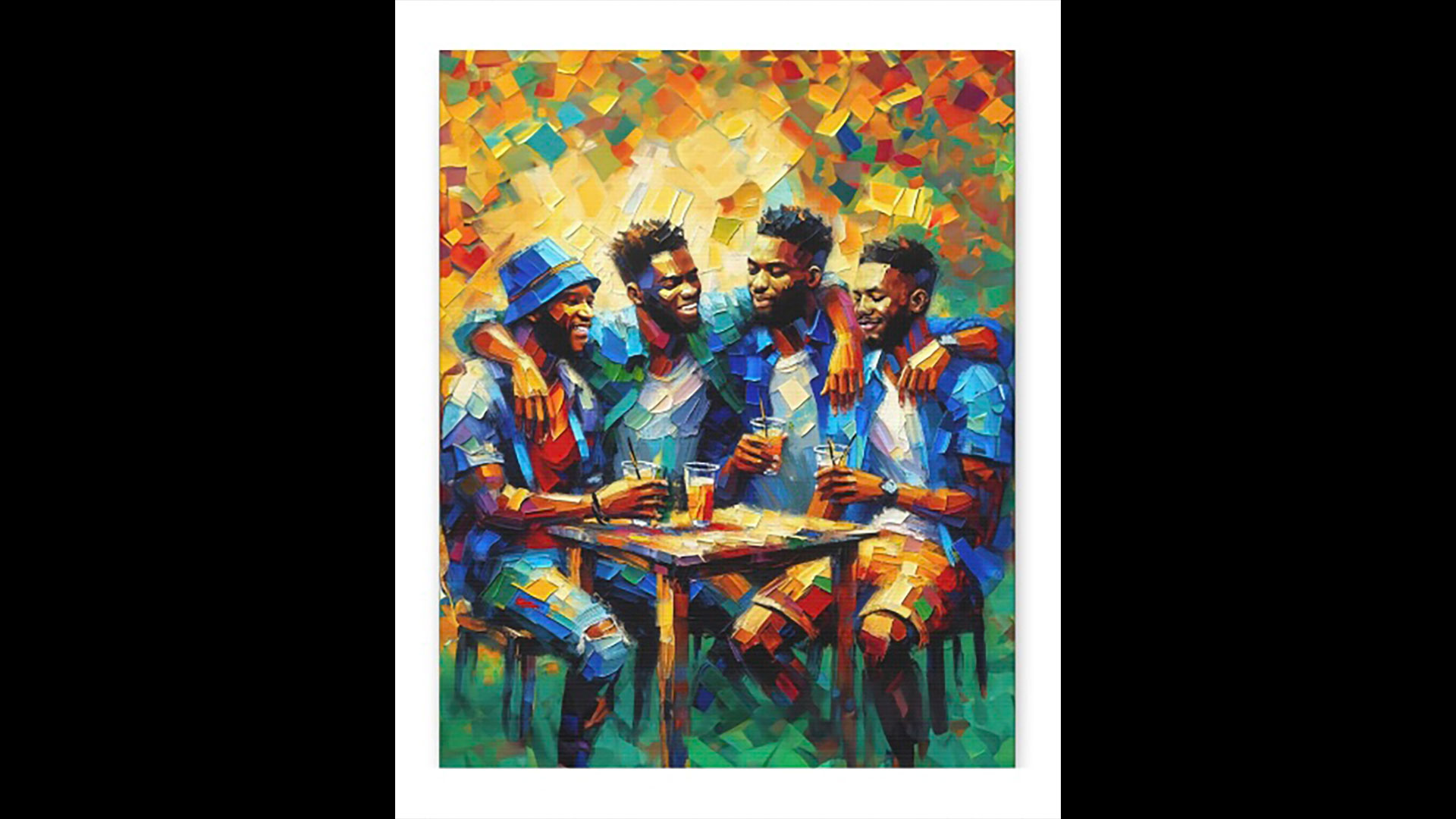
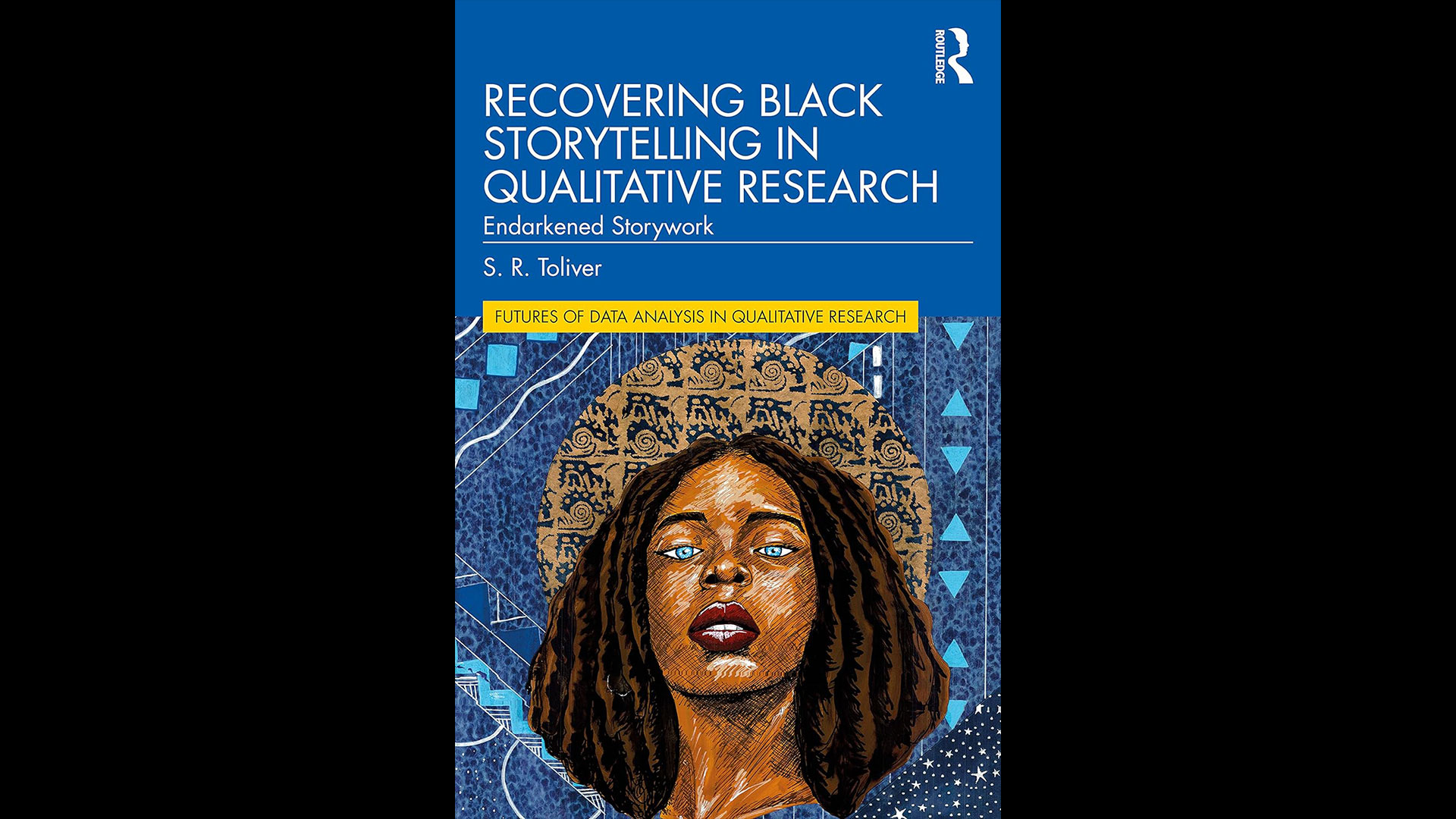
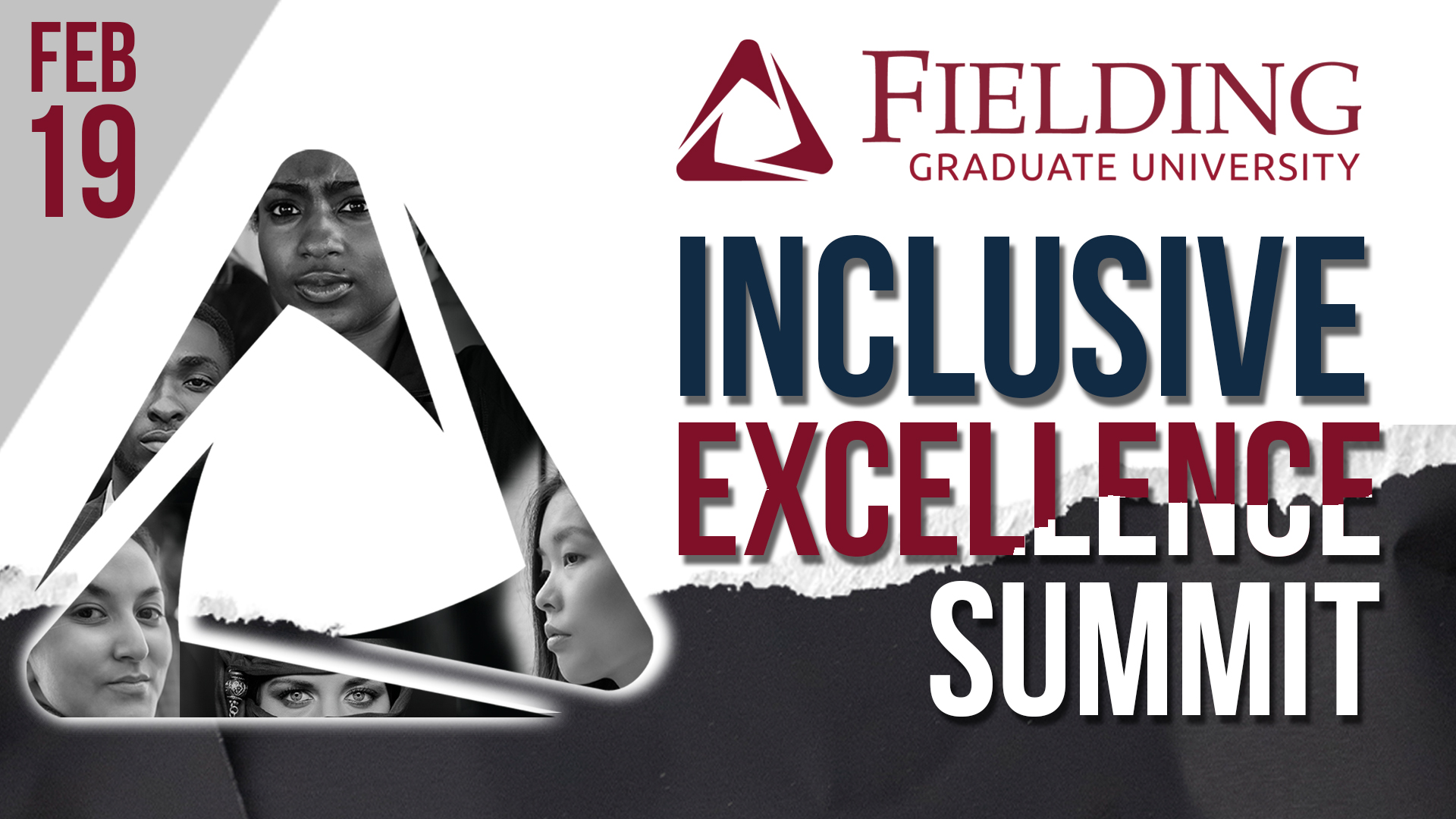



Get Social